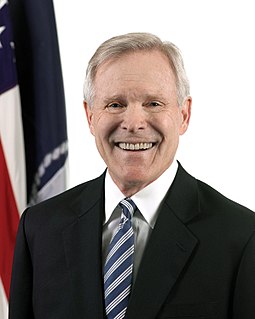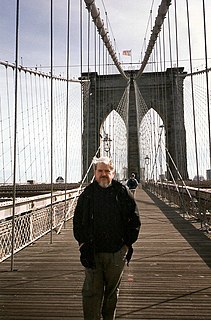A Quote by Ha-Joon Chang
People 'over-produce' pollution because they are not paying for the costs of dealing with it.
Related Quotes
The true cost of the pollution that is being dumped into the atmosphere and manifests itself in our sick children dealing with asthma or older folks dealing with heart and lung disease from the pollutions created by the burning of these fossil fuels, may not be reflected in the prices of fossil fuels, but that does not mean we aren't paying a high price for them.
People in show business who are interested in politics, like Ronald Reagan, fare so well because they do know the magic of dealing with the public. This is something that can't be taught in a book. If they can produce after they've won over the public. If you can live up to your ballyhoo, you've got it made.
One of the biggest reasons for higher medical costs is that somebody else is paying those costs, whether an insurance company or the government. What is the politicians' answer? To have more costs paid by insurance companies and the government. ... [H]aving someone else pay for medical care virtually guarantees that a lot more of it will be used. Nothing would lower costs more than having each patient pay those costs. And nothing is less likely to happen.
We're in a classic demand-shortfall recession. There aren't enough jobs because total spending is too low. Consumers won't lead the way because they're busy paying down debt and are fearful they'll lose their jobs, if they haven't already. Businesses, which are currently sitting on mountains of cash, won't spend either, because they already have sufficient capacity to produce more than people are willing to buy.



































